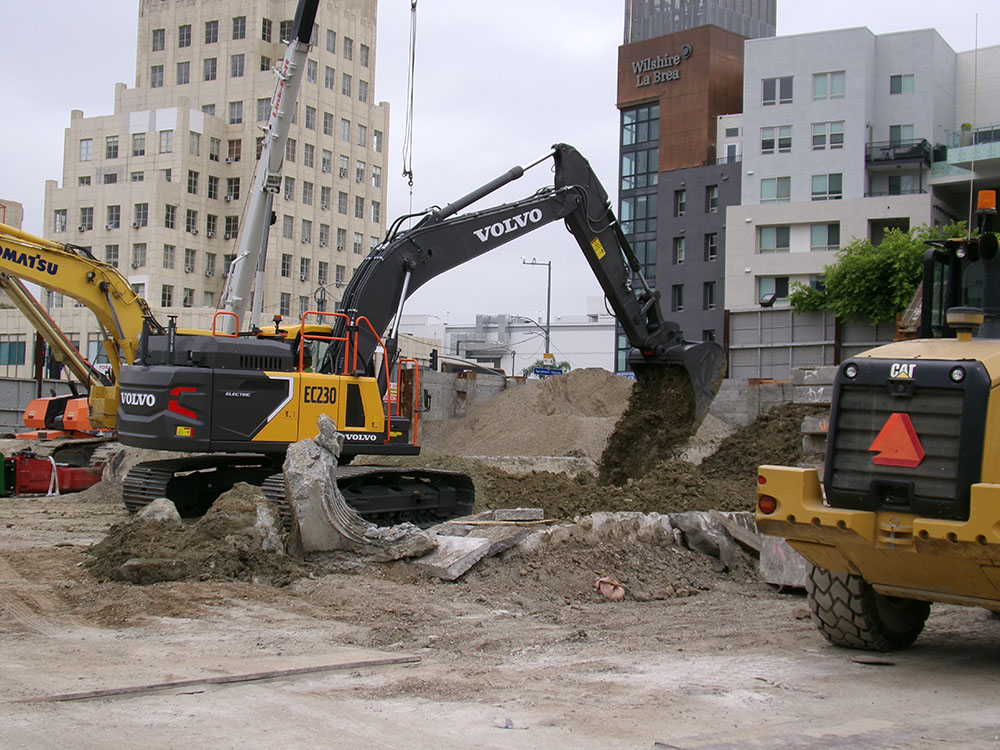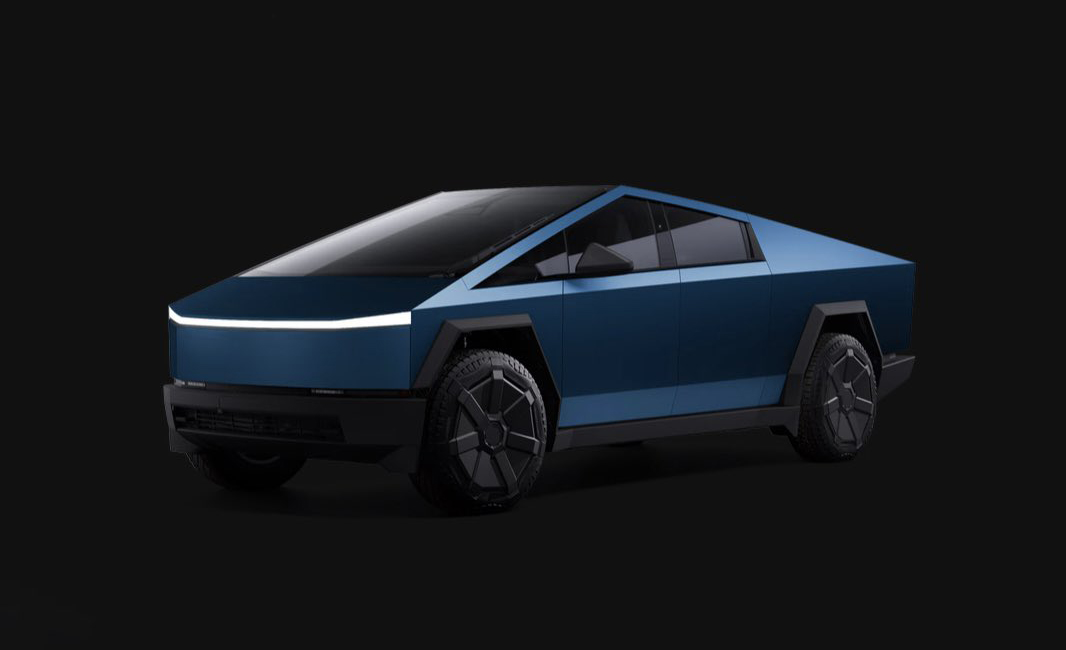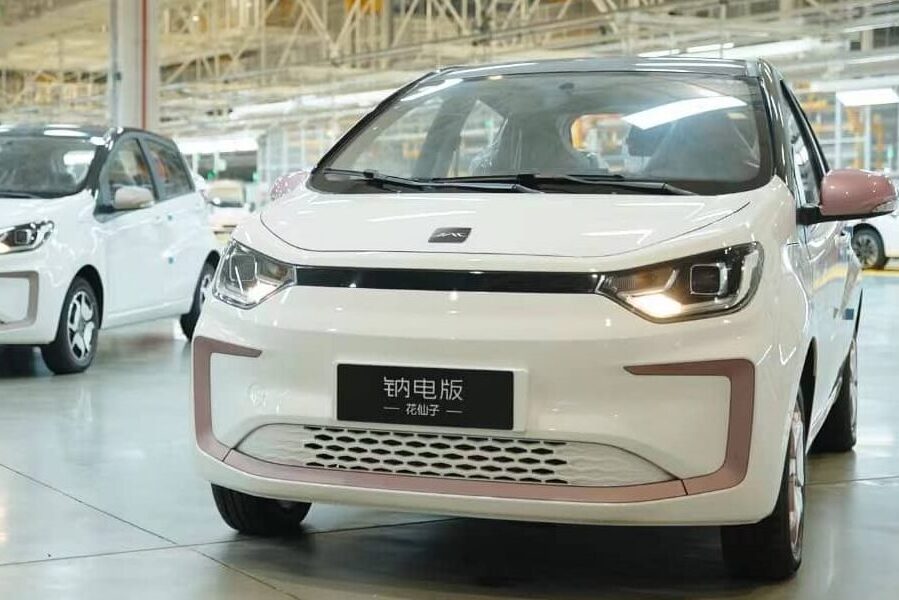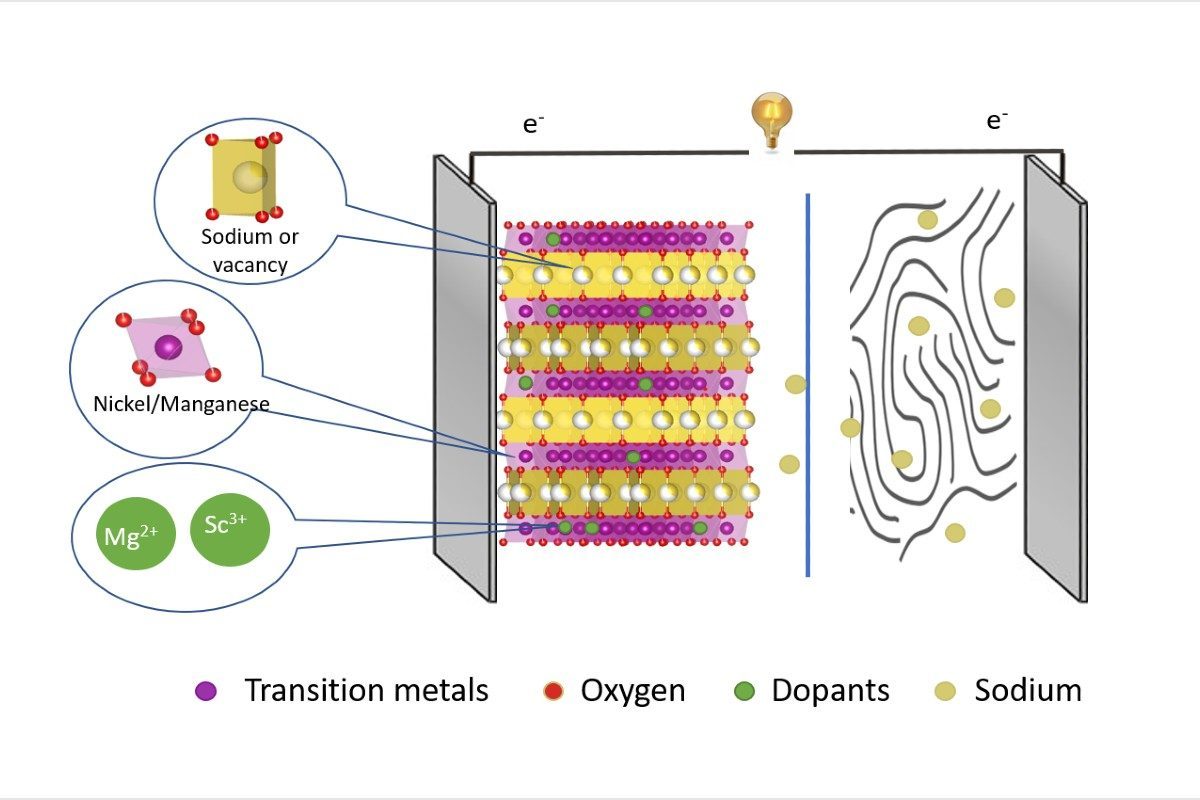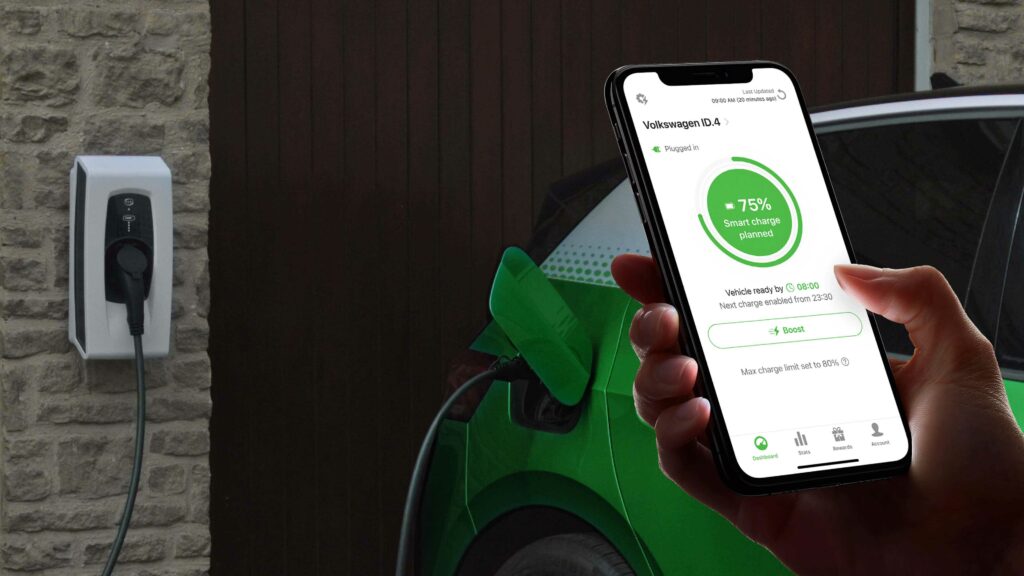Skanska has completed a 90-day pilot program using the Volvo EC230 Electric excavator on the Purple (D Line) Extension Transit Project in Los Angeles. The pilot was conducted at the South Yard of the La Brea station and marked one of the initial uses of the Volvo excavator in North America.
The aim of the program was to evaluate the performance of a battery-powered excavator in construction work, particularly compared to its diesel-powered counterpart, as part of Skanska’s efforts to reduce embodied carbon emissions on its job sites and Volvo’s goal of promoting fossil-free machinery in the United States.
See also: Volvo CE’s EC230 Electric Excavator Begins Operations at French Stud Farm Project
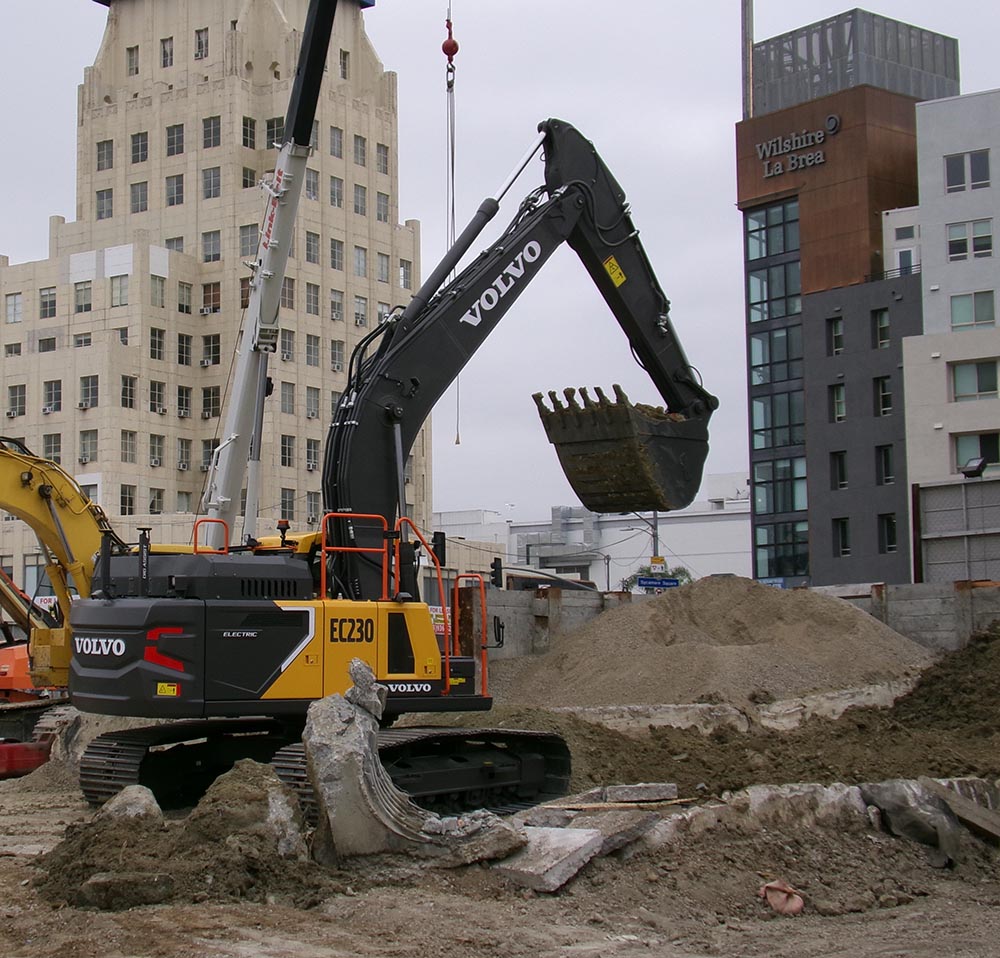
During the trial, the Volvo EC230 Electric was used to load trucks with export construction material from a stockpile. The results, as highlighted in the initial findings, indicated that the electric excavator performed the required activities efficiently, maintaining the pace of work on schedule. Moreover, the trial showed reductions in emissions and costs. The unit reduced carbon emissions per hour by 66% (34 kilograms) and saved an estimated 74% in cost per hour ($15.15).
Aside from the environmental benefits, the electric excavator also provided additional advantages in terms of health and safety. Compared to its diesel-powered counterpart, the electric excavator generated much less vibration and noise, creating a more comfortable and less disruptive working environment for operators and the surrounding community. Operators also praised its ease of use and capacity.
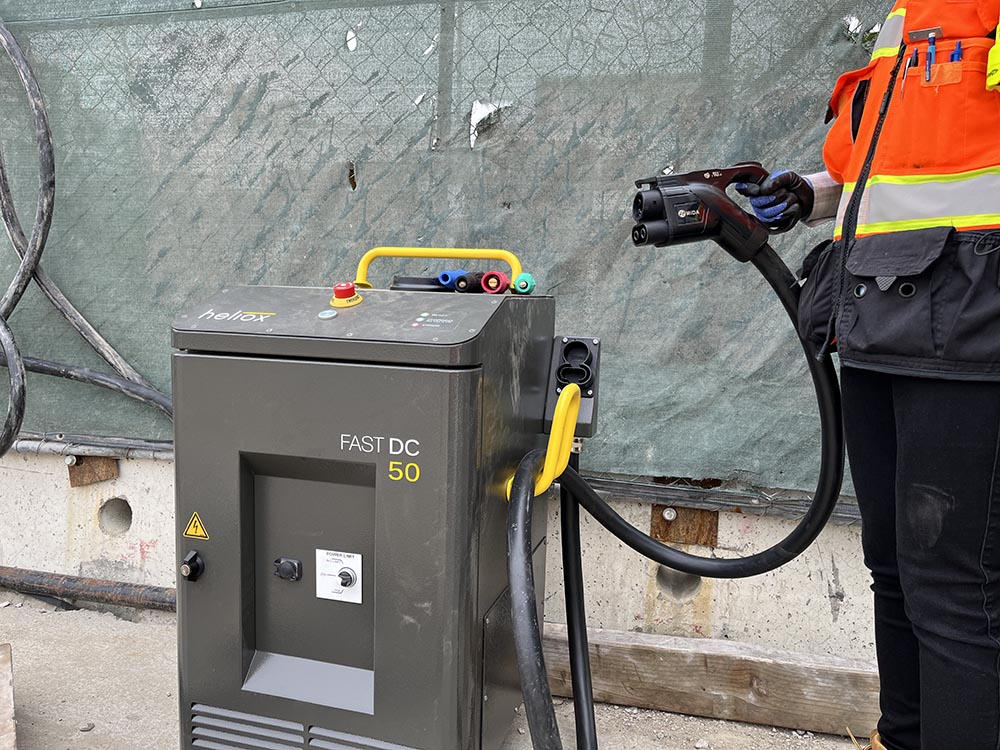
Mason Ford, director of sustainability and equipment services for Skanska USA Civil, expressed satisfaction with the pilot program’s success, stating, “Skanska is pleased to be a part of this pilot with Volvo, which can serve as a model for the adoption of lower emission construction practices. Aligned with our commitment to a cleaner future, the successful completion of this pilot program represents progress for the entire industry. Change doesn’t happen overnight, but this type of investigation into the possibilities furthers the conversation around electrification and sustainable innovation within civil construction.”
The completion of this pilot program highlights the potential of electric machinery in reducing carbon emissions and costs in construction projects, contributing to the conversation around sustainable practices in the construction industry.

